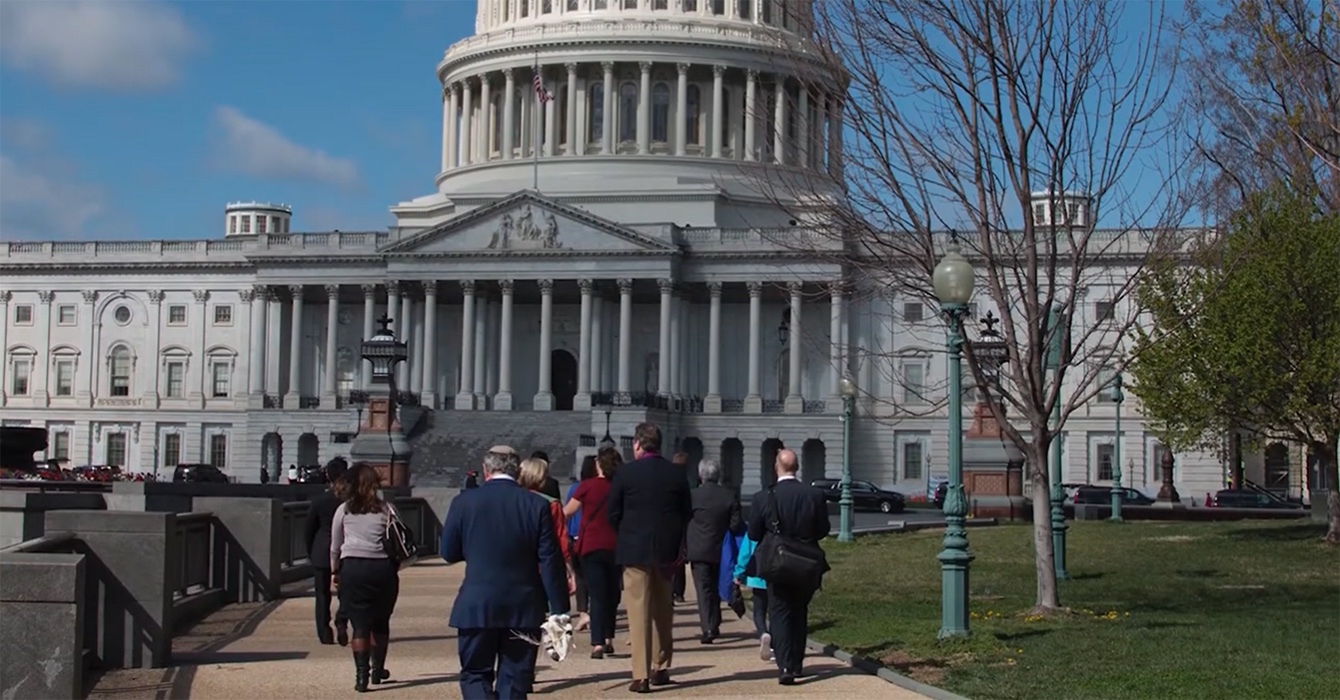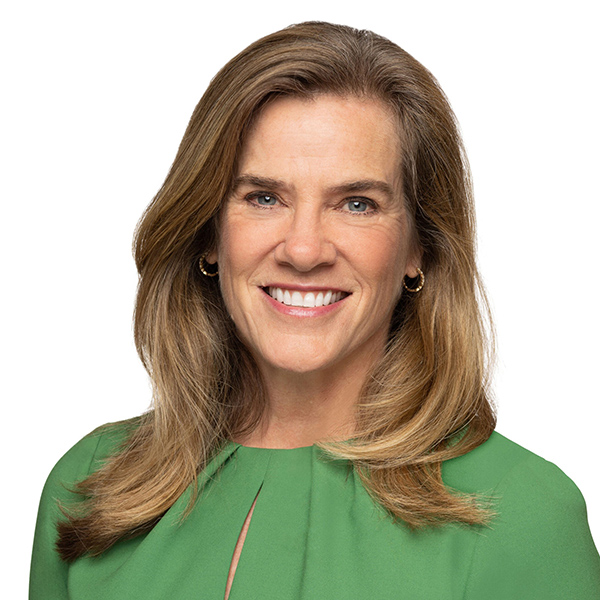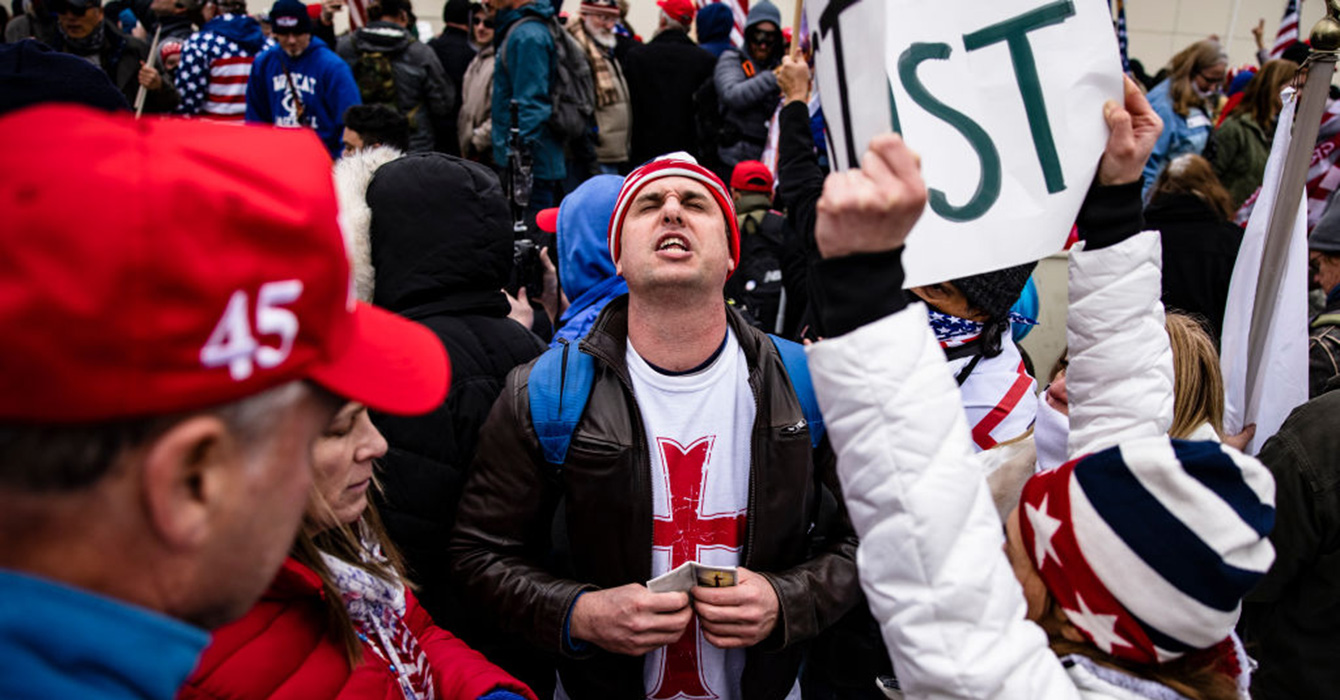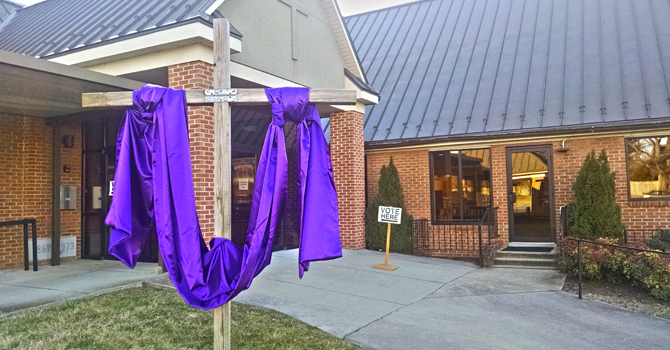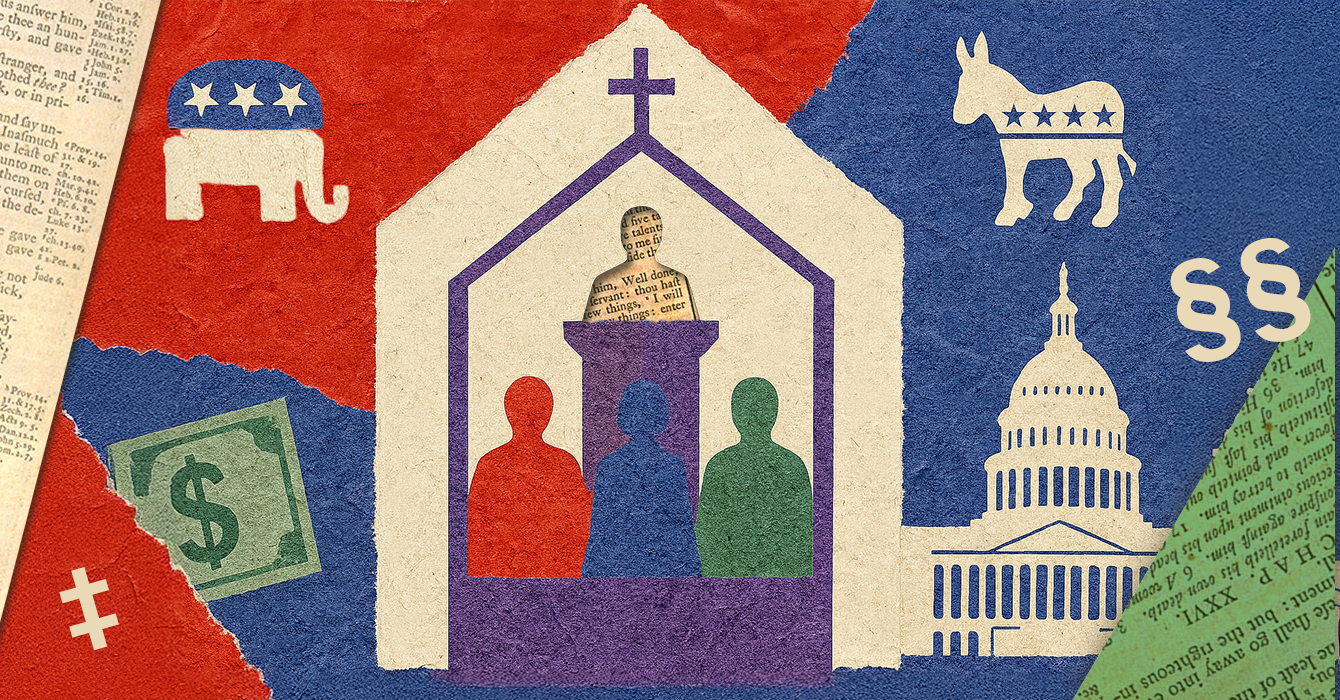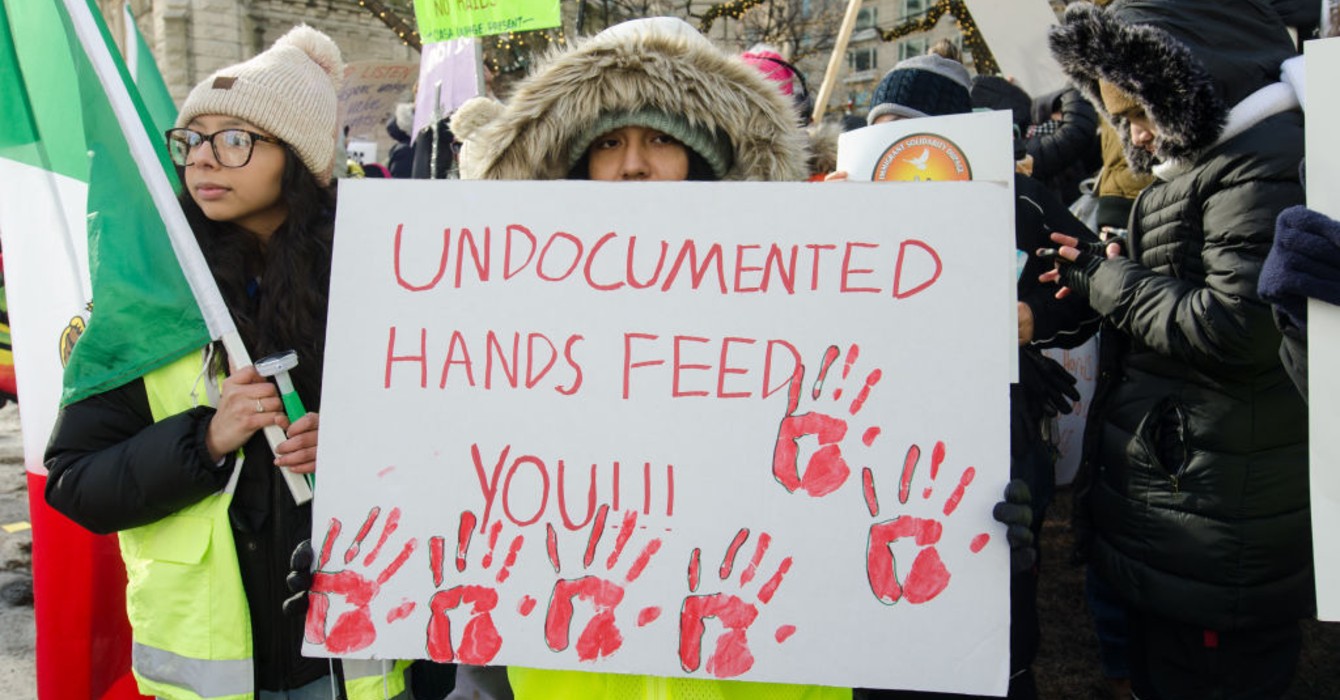Most Christian leaders and churches believe that part of their mission is to speak out about issues of concern in their communities. But some struggle when confronted with questions about the relationship between personal faith and public policy. What about the separation of church and state?
As a constitutional lawyer and Baptist leader, I’m often asked how religious leaders can best influence policy issues, participate in public debates and respect our country’s commitment to religious freedom for all. These are good questions that deserve careful consideration and call for individual discernment. Advocating for the common good can have a profound impact on one’s community. A few guideposts can alleviate many worries that stand in the way of faithful leadership.
Constitutional protections
The U.S. Constitution is not a reason to be silent. In fact, the opposite is true; our democracy depends on a well-informed and engaged citizenry. Many faith leaders are trained to inspire and lead. Their voices are needed!
It is also true that we Americans value the separation of church and state, which is a shorthand description of our constitutional protection of religious freedom for all. But separating church and state doesn’t mean separating religious influences from our political lives. It doesn’t mean avoiding faith-based advocacy.
Many concerns of religious communities overlap with concerns of the government. The Constitution doesn’t restrict individual religious expression; it restricts the government from interfering with religious expression and making religious demands on its citizens.
The First Amendment protects the free exercise of religion and prohibits its establishment by the government. The text begins with “Congress shall make no law …,” and its meaning extends to what state and local governments cannot do regarding religion. By singling out religion for special treatment, the framers recognized that religion holds a unique place in the lives of individuals and that there should be limits on government involvement in essential religious matters.
It is not the government’s role to guide citizens in matters of faith. The government's role is to protect citizens' freedom to worship and express their faith while ensuring freedom from government-sponsored religion. Religious leaders can help their communities understand this by using their voices in ways that are responsible and respectful of religious differences for the benefit of all.
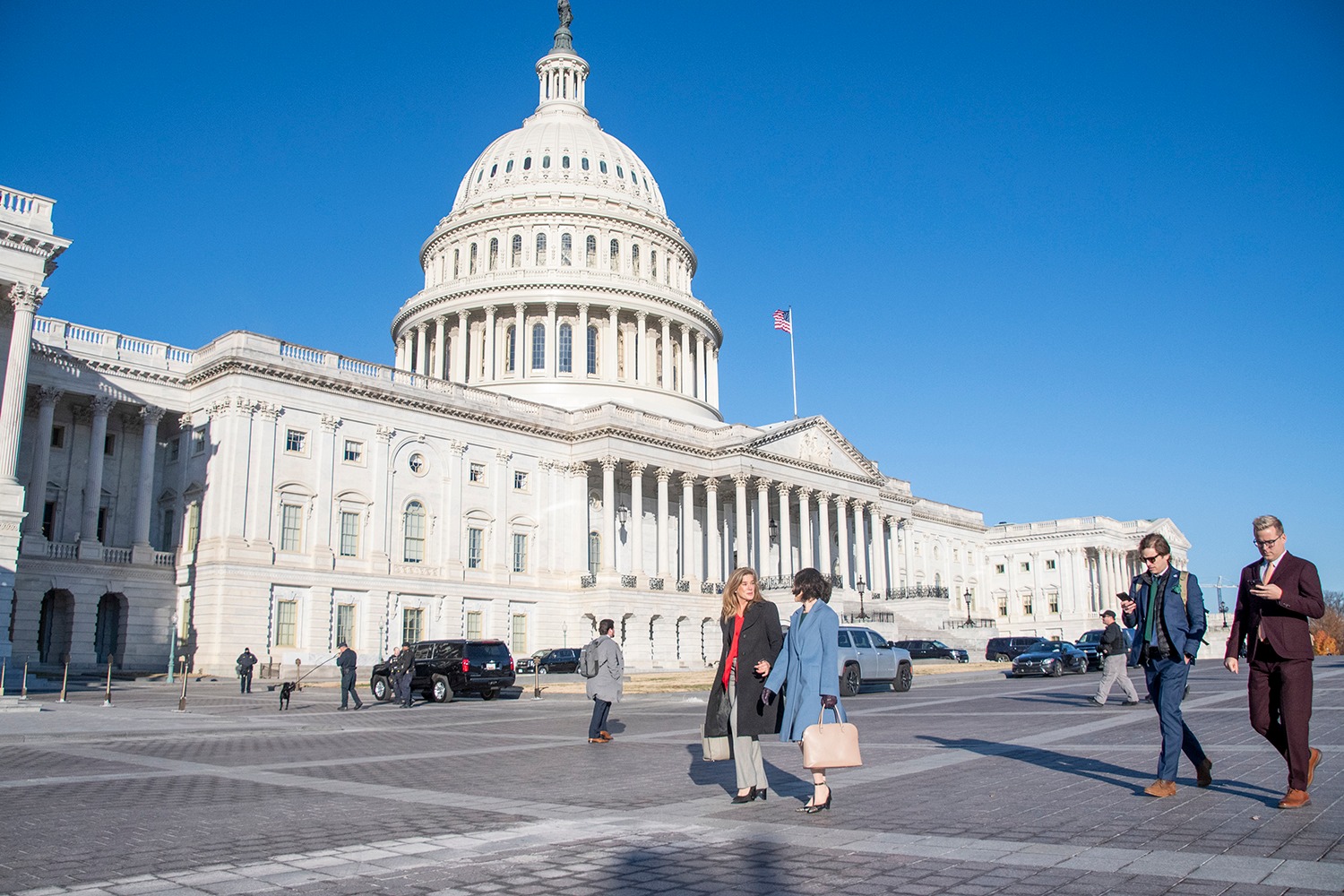
The precise contours of the First Amendment may change as the court changes and new cases are brought. Religion law cases are famously complex, and the current U.S. Supreme Court is shifting the law in ways that affect religion in public life.
BJC (Baptist Joint Committee for Religious Liberty) has outlined our concerns with those shifts in many ways, including in an op-ed I co-wrote for USA Today. But the separation of church and state reflected in the First Amendment has never required a public square devoid of religious influences or banned the government’s acknowledgment of religion in the lives of its citizens. Nor should it. In short, recognizing the important and distinct roles of the institutions of church and state should complement raising one’s voice to advocate for public policy issues.
Tax law considerations
While religious leaders and churches can and should use their voices to bring religious beliefs to bear on public issues, there’s a widespread consensus that houses of worship should not endorse political candidates. Of course, there are many reasons for that consensus. The one that is reflected in tax policy, however, is the need to protect the integrity of charitable organizations and the tax system that gives them favorable tax treatment.
Entities that are organized as 501(c)(3) nonprofits, as most churches are, receive charitable donations that are tax-deductible for the individual donors. Such organizations are prohibited from endorsing political candidates for office or doing a substantial amount of lobbying. The restrictions are meant to ensure that tax-deductible gifts support the charitable purposes that qualify the organizations to receive that favorable status.
The prohibition on political candidate endorsements prevents campaign finance laws from being subverted and keeps houses of worship from being converted to partisan entities. Unfortunately, some political leaders have sought to eliminate this ban on intervening in political campaigns and, in doing so, have mischaracterized its effect.
The rules, which are described in IRS guidelines, are not meant to keep faithful leaders from exercising their individual rights of citizenship or impair their ability to speak out on important issues. Yet I’ve sometimes heard people invoke the separation of church and state to try to silence Christian leaders and churches from speaking out about issues that they have a biblical mandate to address and that impact their members.
While churches and other nonprofit entities that rely on tax-deductible contributions should never become extensions of political parties, there are many ways churches and individuals who serve in them can become faithful advocates without fear of violating the tax laws.
Drawing from IRS guidelines and our experience, BJC has developed resources to train and engage churches in public life without violating the letter or spirit of tax laws. There are many ways to be advocates for issues, convenors of political conversations and defenders of voting rights without intervening in political campaigns in ways that would jeopardize compliance with the law.
Responding to Christian nationalism
In today’s political culture, many are rightly concerned by a rise in religious rhetoric that undermines religious liberty and advances Christian nationalism. As a growing number of Christians respond to the threat, they are uniting around shared principles that clarify the distinction between our identities as members of religious communities and as members of political communities.
One principle that guides our Christians Against Christian Nationalism campaign says: “People of all faiths and none have the right and responsibility to engage constructively in the public square.”
Embracing this principle welcomes faith-based advocacy and shows an understanding of our country as one that does not divide people politically according to religion. It reflects humility in matters of faith and confidence in the democratic system Americans want to protect.
Dr. King’s example
The Rev. Dr. Martin Luther King Jr. is one of the most influential faith-based advocates in United States history. He spoke out about racial justice, economic justice, militarism and many other issues. While he championed legislation, he was wise to never endorse political candidates.
He respected the separation of church and state, while knowing it didn’t mean that Christians and other faith communities shouldn’t have a voice.
“The church must be reminded that it is not the master or the servant of the state, but rather the conscience of the state,” he said. “It must be the guide and the critic of the state, and never its tool.”
Religious leaders can help their communities understand this by using their voices in ways that are responsible and respectful of religious differences for the benefit of all.

